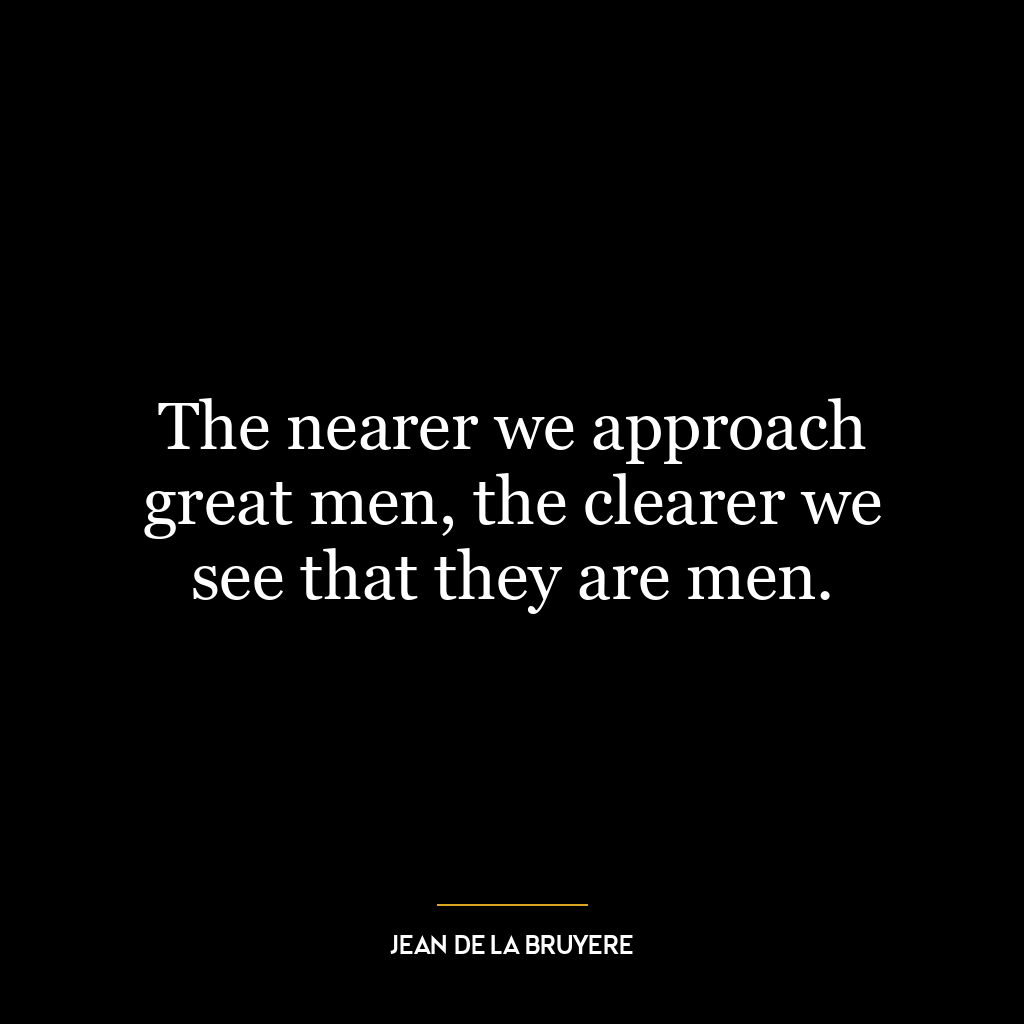The quote “Inside every cynical person, there is a disappointed idealist” by George Carlin suggests that cynicism often stems from disillusionment. An idealist is someone who envisions the world as it should be, often filled with hope, dreams, and high expectations. However, when these ideals are not met or are continuously thwarted, the idealist may become disappointed and disheartened. This disappointment can eventually lead to cynicism, a distrustful and pessimistic outlook on the world.
The depth of this quote lies in its exploration of the human condition and the transformation of perspective. It suggests that cynicism is not an inherent trait but rather a developed response to repeated disappointments. It also implies that beneath the hardened exterior of a cynical person, there is a layer of vulnerability, a yearning for a world that aligns with their ideals.
In today’s world, this quote is particularly applicable as we are constantly bombarded with information about global issues, political corruption, environmental degradation, and social injustices. These challenges can often lead to feelings of disillusionment and cynicism, especially for those who hold high ideals for a better world.
In terms of personal development, understanding the root of cynicism can be a powerful tool. Recognizing that cynicism may be a response to unmet expectations or disappointments, allows for self-reflection and growth. It opens up the possibility of re-engaging with our ideals, adjusting our expectations, or developing resilience in the face of disappointment.
Moreover, it also encourages empathy and understanding towards others who may appear cynical. Instead of dismissing them as negative or bitter, we can view them as individuals who have experienced disappointment in their ideals. This perspective can foster deeper connections and more constructive dialogues, paving the way for collective growth and development.












